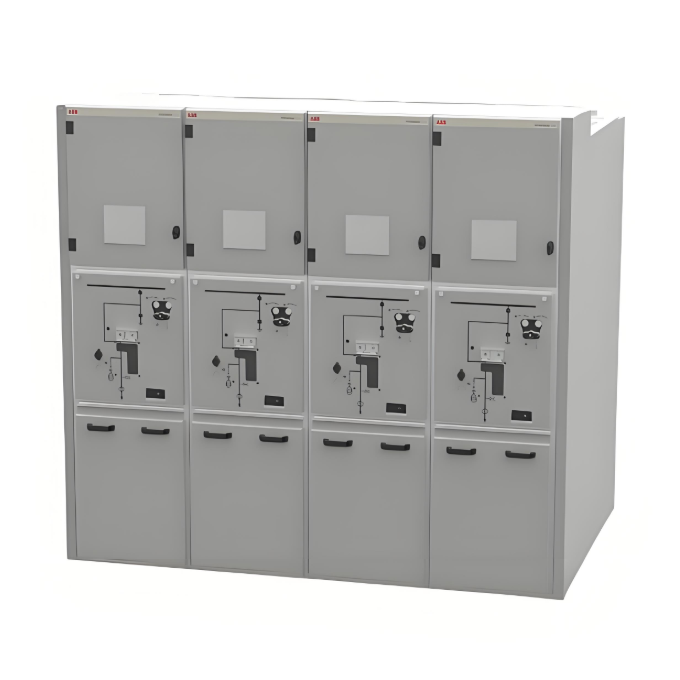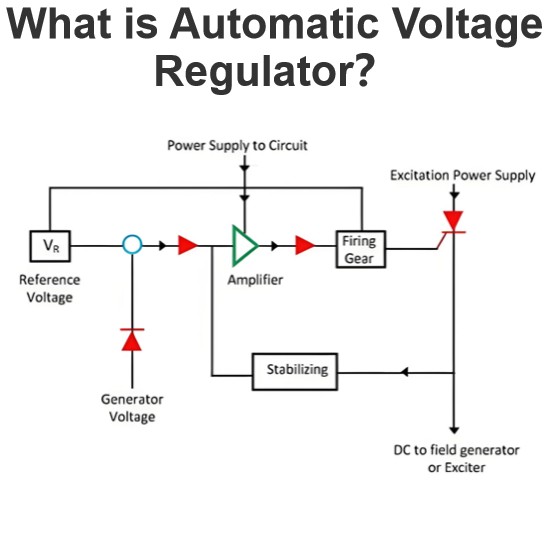What are the advantages and disadvantages of using a three-way switch versus a four-way switch?
Comparison and Analysis of Three-Way Switches and Four-Way Switches
The advantages of a three-way switch
Simple Installation and Wiring: Compared to four-way switches, three-way switches have relatively simple circuit designs and installations, requiring no complex wiring, thus resulting in lower installation costs.
Lower Cost: Due to the relatively simple structure of a three-way switch, its production cost and market price are typically lower than that of a four-way switch.
Wide range of applications: The three-way switch is suitable for various scenarios, such as the top and bottom of stairs, either end of a long corridor, or multiple entrances to large rooms, meeting basic multi-point control needs.
The disadvantage of a three-way switch
Fewer control points The three-way switch can only control the switching of three positions. If more control points are needed, it may be necessary to add a four-way switch or other types of switches.
Limited Flexibility: Compared to four-way switches, three-way switches may not be as flexible in some complex application scenarios, failing to meet the needs of all users.
Advantages of a four-way switch
More Control Points: A four-way switch can provide more control points, suitable for scenarios where the same lighting or equipment needs to be controlled at four different locations.
Greater Flexibility: The four-way switch offers greater flexibility to better accommodate various complex wiring requirements and user needs.
The disadvantage of a four-way switch
Complex Installation and Wiring: The circuit design and installation of a four-way switch are relatively complex, requiring professional electricians for installation, which increases the installation cost.
Higher Cost: Due to the more complex structure of a four-way switch, its production cost and market price are generally higher than that of a three-way switch.
In summary, the choice between a three-way switch and a four-way switch depends on the specific application scenario and personal needs. If simple multi-point control is required and the budget is limited, a three-way switch is a good option; if more control points and greater flexibility are needed, despite the higher cost, a four-way switch may be the better choice.
The Electricity Encyclopedia is dedicated to accelerating the dissemination and application of electricity knowledge and adding impetus to the development and innovation of the electricity industry.













